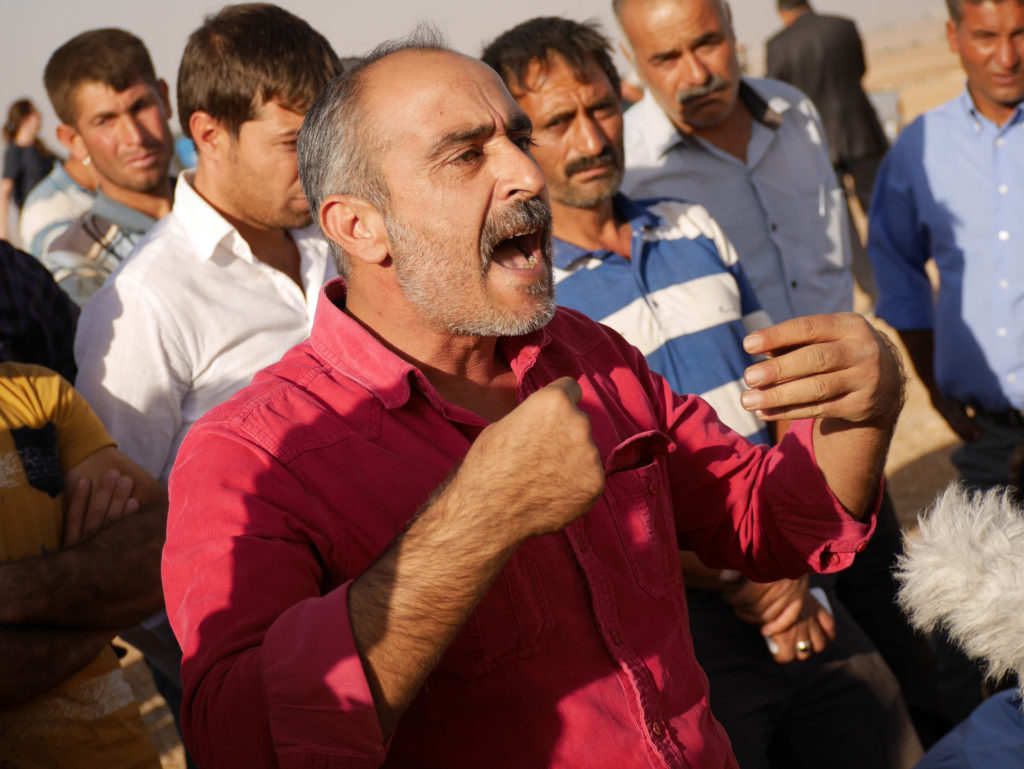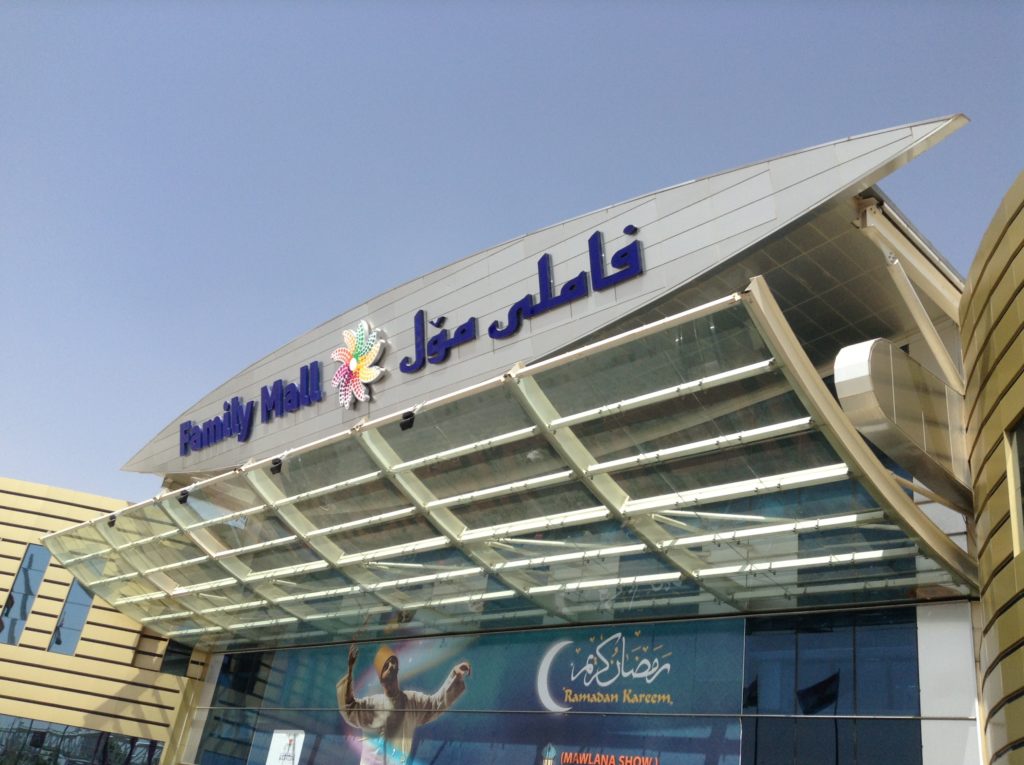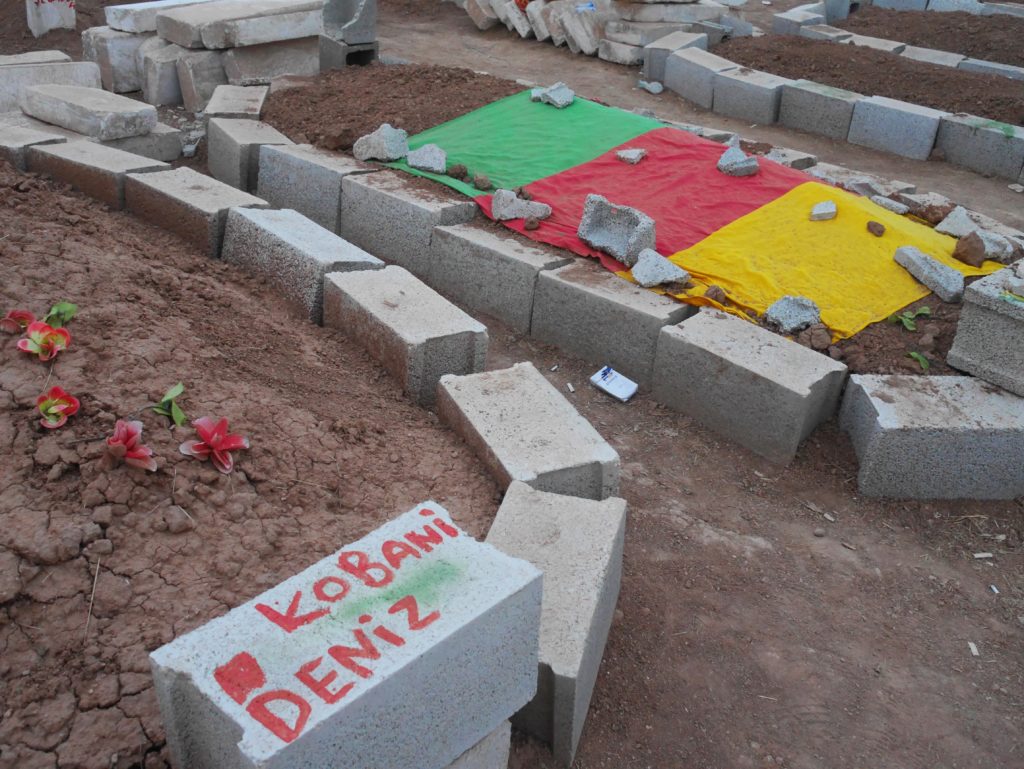New York- With Turkey’s renewed war against the Partiya Karkerên Kurdistanê (PKK) in the Qandil range in Iraq’s Suleimaniyah Governorate, the war against IS was given another not so new dimension. Ankara’s battle with Kurdish rebels has gone on for decades, formally since 1984, and has been met with mixed levels of success in the best of terms. The mere fact that the PKK is a ground reality still in 2015 is indicative of two dynamics: Kurdish ethno-nationalism with its syncretic idolatry of Abdullah Ocalan is not going anywhere and the Turkish government cannot help but revert to Turkish nationalism in times of political insecurity.
The restoration of armed struggle is a massive wrong turn when a peace process needs to be kept stable. In many respects, the PKK with its organization discipline, comparative gender parity so often touted in the Western press, and avowed secularism makes it and its regional branches/affiliates seem to be an incredibly rational actor on the battlefield. Though the suicide bombing of a leftist organization in Suruç last month is officially the tipping point for what is currently going on with Turkish war planes concomitantly flying sorties against PKK targets in Iraq and IS targets in Syria, when I talked to Yekîneyên Parastina Gel (YPG) supporters outside Kobane last fall, the writing was on the wall.
When I met with a PKK interlocutor in Qandil in 2009 when I went to interview a Partiya Jiyana Azad a Kurdistanê (PJAK) commander, he repeatedly emphasized his belief in a nefarious Turkish “Deep State” that undermined Kurdish aspirations for autonomy at every possible term under the rubric of Turkish ultra-nationalism. Syrian and Turkish Kurds I spoke with outside the battlefield reiterated this concept of the Deep State in its support of IS as they served Turkish interests in Syria as a bulwark against the expansion of the Rojava cantons in Aleppo and Hasakah Governorates. They believed Turkey not only turned a blind eye to IS but actually assisted it to wreck the Rojava project by proxy. Then Suruç happened. The killing of Turkish policeman led to a military response as well as a police one. Raids across Turkey swept up a sizable number of PKK supporters as well as some leftist radicals and IS types. The emphasis on the raids was clearly aimed at the PKK.

A Kurdish man fed up with Turkish policy vis-a-vis Kobane vents his anger at a television camera. ©2014 Derek Henry Flood
The fact that a salafi-jihadi suicide bomber conducted an operation inside Turkey was only a matter of time. You can’t have that many recruits passing through you territory without there being an inevitable spillover and blowback. Erdogan and Davutoglu are still prioritizing Kurdish containment over the clear and present danger IS poses to the Turkish republic. Certainly the PKK are a valid threat, but they are a manageable one. The AKP may have considered Baghdadi’s guys people they could deal with on their borders but that always seemed an entirely untenable stance. The notion of a two-front war for Turkey has put increased pressure on the American-led Operation Inherent Resolve.
State Department spokesman Mark Toner was in an awkward position in a recent press briefing where he had to attempt to differentiate between the PKK and the YPG in relation to DC’s policy conundrum. Countless news stories have either conflated the two groups or made a faint distinction. And the YPG certainly are Apoists as supporters of Ocalan are referred to. While Kurdish militias are excellent war-fighting allies, their ideology is antithetical to many Western democratic concepts. Drawing on Marxism, Maoism and of course Apoism, they are certainly not outlying members of the GOP who happen to reside in the Middle East. However, strictly militarily, the Kurds in Syria and Iraq have become an indispensable component of the White House’s not fully articulated “degrade and destroy” policy toward IS.
US policy toward the PKK and PJAK is far less understood. Though the PKK is designated as an ‘FTO’ there have been reports during the Sinjar siege the US military personnel interacted with PKK fighters who were trying to defend the trapped populace. With the PJAK, there was talk that it was being assisted by American intelligence to harass the IRGC some years ago.

A gleaming mall in Erbil demonstrates the gains Iraqi Kurds have made post-2003 while their brethren in Syria, Iran, and Turkey have made no similar material gains. ©2013 Derek Henry Flood
The hardline members of the PKK see themselves at war with the so-called Deep State in perpetuity. Hardliners in both Qandil and Ankara seek to continue the conflict in order to justify their long held positions. But there must be a third way solution The Iraqi Kurds of the KDP, PUK and Gorran are out to defend the territory they already control and consolidate new gains. In essence, they also had something to gain from the June 2014 fall of Mosul. The tradeoff is that now the KRG’s capital of Erbil is intermittently under threat. When I was last in the KRG area in 2013, locals were worried about ISIL as one of e host of terrorist outfits along with the Ba’athist JRTN and other groups who launched attacks around the Green Line that separated Kurdish-administered territory after 1991 from Ba’athist control until 2003. Though Nouri al-Maliki finally ceded power, Iraq is in a far worse situation now that during my last visit two years ago.
In sum, the security calculus has taken a major shift pushing reticent allies together with widely varying agendas and ideological positions in order to focus on a common enemy that has eclipsed al-Qaeda in terms of media coverage and battlefield prowess. As Kurdish fighters apply constant pressure to IS in concert with American/coalition air strikes, the Kurds must not be merely a temporary ally of convenience as if it were Afghanistan circa 1985. But US policy toward an array of Kurdish groups needs to be clarified and crystalized. There has been a clamor to delist the PKK as an FTO though that would infuriate NATO ally Turkey. The war against IS carries on in fits and starts while its complexity continues increase.
